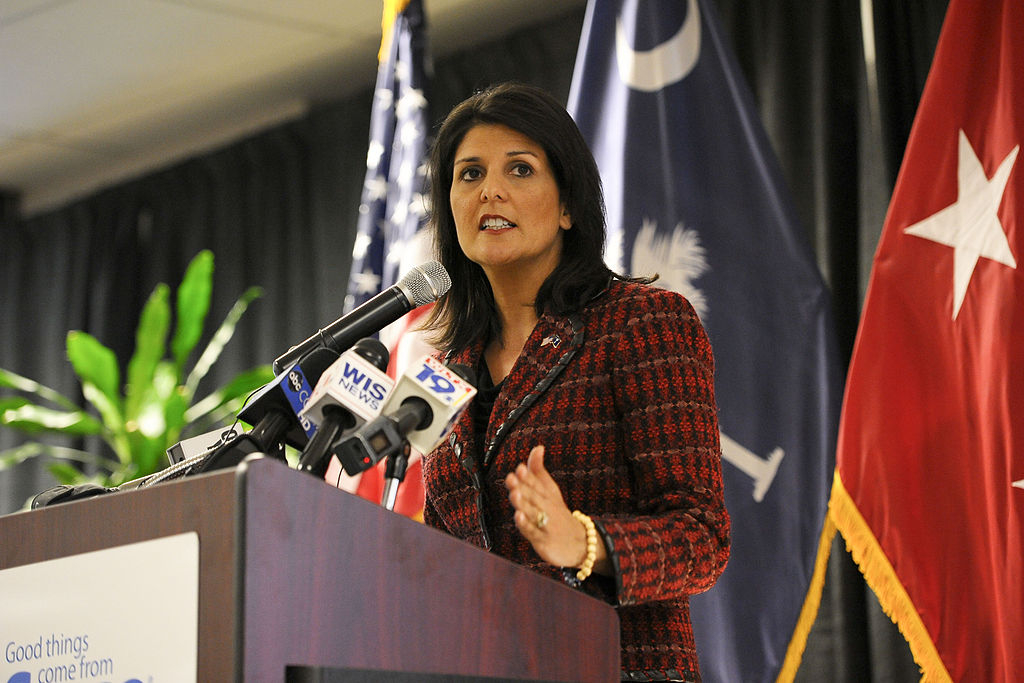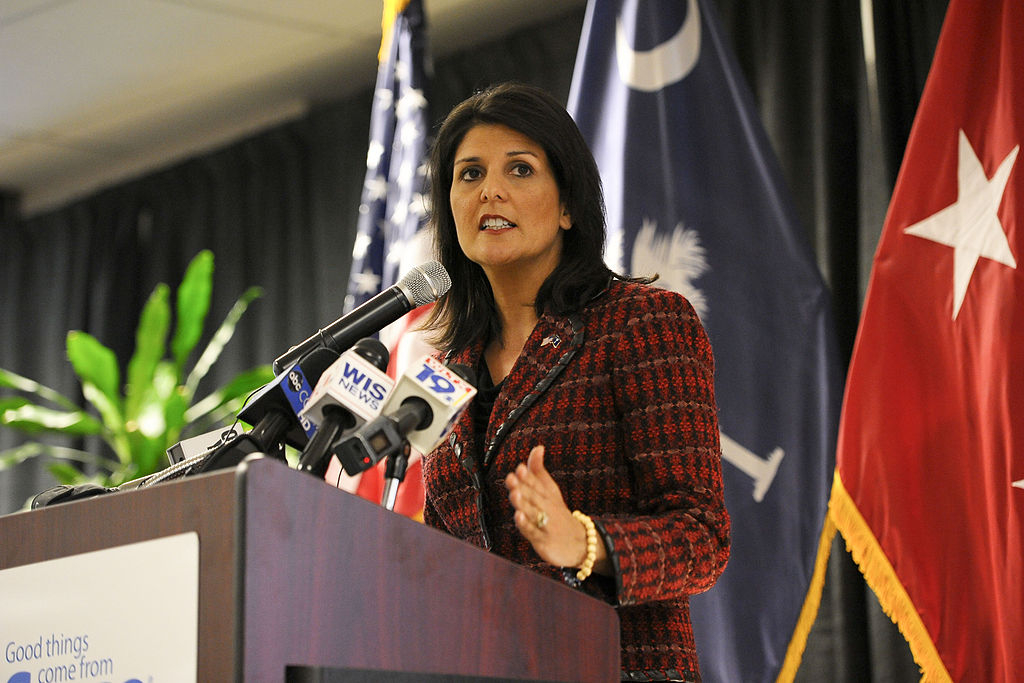Charges that Islamic State (IS) engages in organ trading — taking body parts from their victims in Iraq and Syria and selling them to traffickers in Turkey — have surfaced again.
The Iranian news network Alalam reported on October 6 that IS has set up a market in Turkey where it sells human organs stolen from innocent people. Alalam also posted a photograph of a person whose organ was taken.
The Iraqi News also reported that IS has kidnapped and sold many children in Syria to Turkish organ traffickers in order to finance its operations.
Turkey’s government-funded news service, Anadolu Agency, reported months ago that ISIS opened a “medical school” in Northern Syria.
Wayne Madsen, an American investigative reporter and a former intelligence analyst at the US National Security Agency (NSA), told Gatestone that IS has been, and is, involved in organ trading. “The Uyghur battalions of ISIS are heavily engaged in this. They are also known to be involved in organ harvesting in China.”
“We have no reason to doubt them given similar atrocities that have been documented and other heinous crimes for which ISIL has taken credit,” U.S. State Department said in response to charges of IS’s organ harvesting. In December, the U.S. government revealed that it had obtained an ISIS document during a raid by Special Forces in Syria. “The apostate’s life and organs do not have to be respected and may be taken with impunity,” the document said.
Anne Speckhard wrote that ISIS is involved in organ smuggling and earns profits from it. “Former prisoner Abo Rida stated that surgeons for IS terror group removed kidneys and corneas from prisoners. He said that they were told that jihadists were more deserving of organs,” she added.
Speckhard told Gatestone that given their mentality – that anyone who does not believe as they do can be killed – it is believable that IS is involved in organ trading: “Defectors we talked to said it is happening.”
According to press reports, there is high demand for organs such as kidneys and hearts. Based on the same reports, a kidney is sold in the Turkish market for $4,000 and a heart for $6,000.
The Spanish newspaper, El Mundo, reported that the IS does not merely use the organs of its captives’ bodies for transplants to its members; it also sells them to other countries as a lucrative business. Iraq’s Ambassador to the UN, Mohammed Alhakim, asked the world body last year to investigate the killing of a dozen Iraqi doctors who rejected IS demands to cut out people’s organs.
Speckhard told Gatestone the UN’s investigation of Ambassador Alhakim’s charges was inconclusive. She also underlined that they know some Turkish businessmen were involved in the slave trade with IS.
A report by Iraqi News said that IS’s organ trafficking comes as the terror group is finding it difficult to fund the self-proclaimed caliphate as its revenues from oil fields are plunging.
American analysis firm IHS’s expert Ludovico Carlino, was cited by Reuters that as of March 2016, IS’s monthly oil revenue has dropped from 80 to 56 million dollars.
IHS senior analyst Columb Strack said, “There are fewer people now to tax; the same applies to properties and land to confiscate.” The population of the territory under IS’s control has fallen from 9 million to about 6 million.
Nancy Scheper-Hughes, director of Organs Watch, a University of California, Berkeley-based documentation and research project, told CNN that demand for fresh organs during wars and civil wars is insatiable.
According to the World Health Organization (WHO), illegal organ trading generates between $600 million and $1.2 billion in profits each year.
Mahmut Togrul, a member of the Turkish National Assembly representing Gaziantep from the Peoples’ Democratic Party (HDP), told Gatestone that, “IS is committing all kinds of atrocities to many innocent people it considers enemies. They have even sold women in Gaziantep. I have no doubt that they would sell human organs.”
Togrul also blamed the Turkey’s AKP regime and said that the Turkish government has supported IS from the beginning and continues to this day. “So much so that IS members never refrain from citing Gaziantep as the second stronghold after Raqqa,” Togrul told to Gatestone.
Fethi Albayram, a doctor in Gaziantep, told Gatestone that many young people who were known to be drug addicts could not be seen on city streets any more. “What I hear from people is that IS has kidnapped them. Maybe for organ harvesting…”
In the last year, IS has killed more than 200 people in Turkey in suicide bombing attacks.
The Turkish government was criticized in the past for looking the other way regarding the IS activities in Turkey. But the Turkish security agencies have intensified their efforts and raids against IS cells and activities in Turkey.
Many reporters, experts, and eyewitnesses have alleged that Turkey has actively helped jihadist terrorists in the region by letting IS members travel through Turkey. It is argued that Turkey has even provided funds, logistics, and arms for IS members.
According to some reports, IS members have been treated at Turkish hospitals. According to a Turkish chief of police, there are IS cell houses in seventy cities across Turkey. According to other reports, IS members have kidnapped Yazidi women and girls in Iraq and sold them in Turkey. The defendants, however, were quickly acquitted of any crime. In December 2015, several German TV channels broadcast footage documenting the slave trade being conducted by the Islamic State through a liaison office in Gaziantep, near the border with Syria.

A news report from German broadcaster ARD shows photos of Yazidi slaves distributed by ISIS (left), as well as undercover footage of ISIS operatives in Turkey taking payment for buying the slaves (right). |
On April 17, 2016, the Turkish newspaper Hurriyet reported that the Gaziantep police department had raided the office and found $310,000, many foreign (non-Turkish) passports and 1,768 pages of Arabic receipts that showed the transfer of millions of dollars between Turkey and Syria.
Six people were brought to court for their involvement in crimes, which included “being members of an armed terrorist organization.” But the complainant, the Gaziantep Bar Association, was not even invited to attend the hearings, which lasted for sixteen days.
“We learnt of the ruling accidentally. The court made the decision of acquittal without looking into the documents found by police,” said Bektas Sarkli, the head of the Gaziantep Bar Association. Bektas Sarkli told Gatestone that they will appeal.
The former chief of Turkey’s counter-terrorism police, Ahmet Yayla, said during recent testimony to the U.S. House of Representatives that the Turkish Government has provided funds, logistical support, and arms for IS members.
Yayla, who now teaches at George Mason University near Washington, D.C., also told Gatestone that IS’s “Turkey Chief” Halis Bayuncuk moves around in the country freely and tweets often with no problems.
Erkan Sahin, who is the Gaziantep Chairman of the opposition Peoples’ Democratic Party (HDP) told Gatestone that IS uses the city like a base. “We know that,” he said.
Turkish President Tayyip Erdogan, on the other hand, said the most effective fight against Daesh (IS) was waged by Turkey contrary to the concerted disinformation campaign.
But evidence indicates that Turkish forces are primarily targeting and attacking Kurds in Syria, who have been the most effective force fighting IS. Years after the emergence of the Islamic State and the destruction it has brought to thousands of innocent people, Turkey’s reliability as an ally in the US-led fight against IS has been more than questionable.
The American experts, Steven A. Cook and Michael J. Koplow, wrote: “Rather than overlook Turkish excesses while hoping Mr. Erdogan will come around, it is time to search for more reliable allies.”
Opinions may vary on how reliable an ally Turkey has been in the US-led international campaign against the Islamic State. But if IS’s organ- and human-trafficking, as well as other criminal activities, within Turkey are allowed to go on, IS will continue to renew its strength for its barbaric fight.
Kasim Cindemir, a leading journalist from Turkey, is currently based in Washington D.C.

































